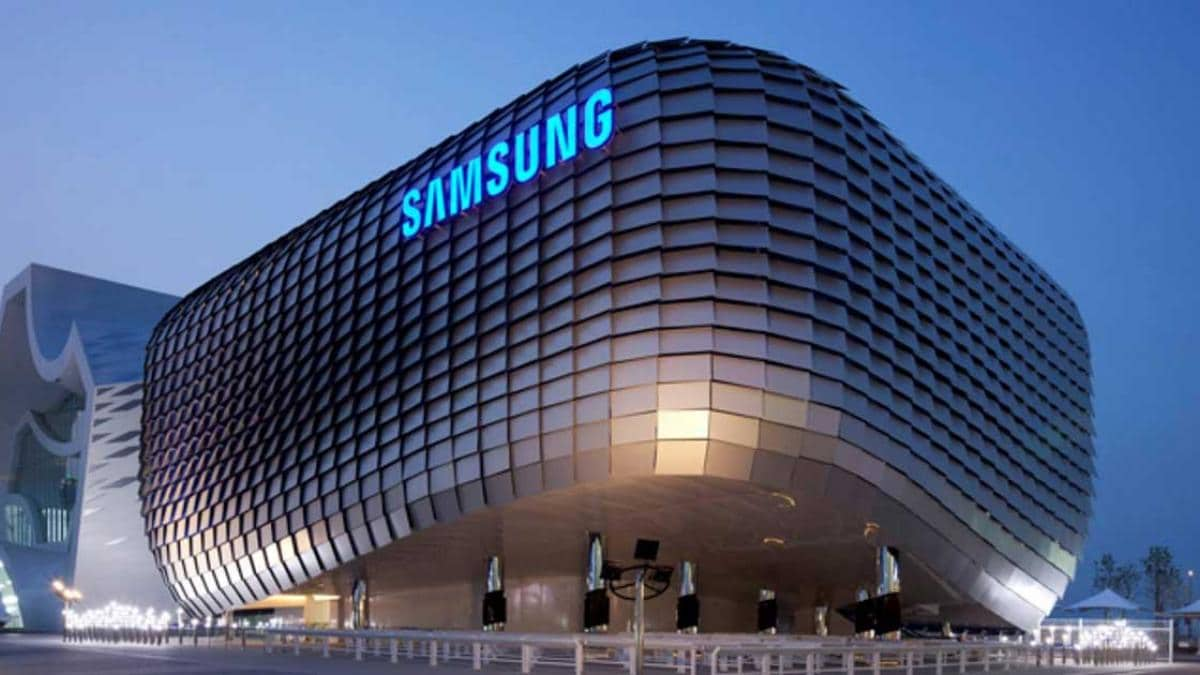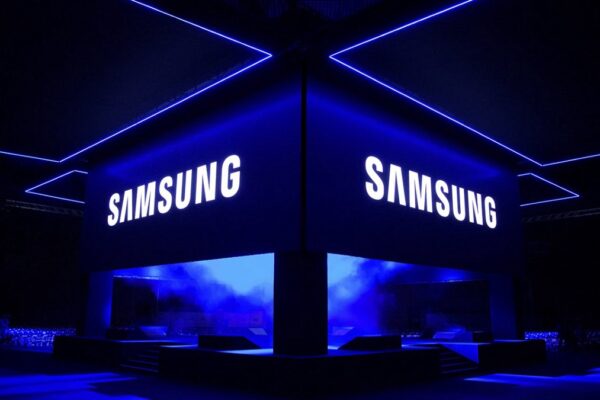Samsung Electronics plans to introduce a real-time call translation service with AI technology next year. The company claims that using this service will be as easy as “turning on closed captions”. It will facilitate conversations across languages.

Samsung’s Galaxy: Real-Time Voice Translation
Samsung, known as the world’s largest smartphone maker, intends to incorporate this new translation feature into its upcoming Galaxy flagship model, set to launch early next year. The feature will allow real-time translation in both audio and text while callers are on the line.
The number of supported languages has not been determined yet. But the translation will work even if the call partner uses a non-Samsung smartphone, thanks to the use of “on-device AI technology” in the new model. Samsung assures that talking to someone in a foreign language will be as simple as turning on closed captions for streaming shows. Private conversations will be securely stored on the phones.
Experts consider it a noteworthy achievement if Samsung’s AI can provide real-time translation for voice calls, signaling genuine technological progress. However, there are questions about how the process will work.
Lee Won-kang, head of the AI-based translation startup XL8’s South Korea operation, pointed out that the entire process would take about three to four seconds for the AI to understand the original content, translate it into a foreign language, and then vocalize it to the listener. He emphasized the need to see and use the technology firsthand to evaluate its effectiveness. Including whether the translated content will be spoken in AI voice or the original voice.
Samsung Gauss
Samsung is actively developing its generative AI model, Samsung Gauss, which focuses on language, code, and image in three fields. Company staff currently use the AI system. And it will soon be integrated into a wide range of Samsung products. The specific timing and models for this integration, however, remain unspecified.
The language AI is expected to assist in composing emails and summarizing documents. While the code AI aims to help developers code easily and quickly. Samsung’s image AI is designed to convert low-resolution images to high-resolution and generate and edit images.
Choi Won-joon, head of Samsung’s smartphone R&D sector, anticipates that the embedded generative AI will revolutionize how people perceive their phones. While AI is lauded for its potential breakthroughs in science, medicine, and public services, concerns about data privacy and disinformation have been raised by governments and watchdogs.
Last month, President Joe Biden of the United States issued an executive order to regulate AI. It is a part of a series of government actions addressing potential risks associated with the technology. In a statement on Thursday, Samsung announced that GalaxyAI will operate on its devices, ensuring that “private conversations never leave your phone.”


Leave a Reply